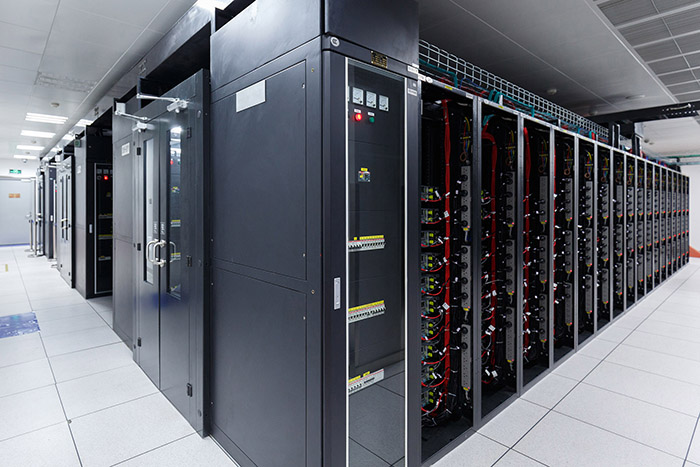Thanks to embedded AI technology, 50% of the data center's IT assets will operate independently. Many overall operations, including planning and design, workloads, uptime, and cost management, can be optimized in the data center using machine learning. Machine learning will significantly transform the data center economy and pave the way for a better future. As racks begin to fill with ASICs, GPUs, FPGAs, and supercomputers, machine learning and artificial intelligence have entered data centers and are changing the look of hyperscale server farms.

These technologies improve the capabilities of computers that can be used to train machine learning systems, a task that previously required large amounts of data processing. The ultimate goal is to build smarter applications and enhance the services that businesses already use every day. Relying solely on human judgment and common sense will fall far short of the required standards of precision and effectiveness. The only sustainable way to meet the demand for IT services at scale is to move completely to data-driven decision-making and use all the data to improve results. Due to the availability of vendors offering data center management software or cloud-based services leveraging the technology, some enterprises or managed service providers have become early adopters of machine learning without the same size or expertise.
According to IDC, by 2022, 50% of data center IT assets will operate independently due to embedded AI technology. Many overall operations, including planning and design, workloads, uptime, and cost management, can be optimized in the data center using machine learning.
Some use cases for machine learning in data center management
• Improve data center efficiency: Businesses can use machine learning to manage their data center's physical environment autonomously instead of relying on software alerts. This will involve software changing the architecture and physical layout of the data center in real time.
• Capacity planning:Machine learning in data centers can help IT companies anticipate demand so they don't run out of space, power, cooling, or IT resources. Algorithms can help companies determine how the transfer affects the capacity of a facility, for example, if it is consolidating data centers and moving applications and data to a central data center.
• Reduce operational risk: Preventing downtime is a critical task for data center operators, and machine learning can make it easier to predict and prevent. Machine learning software in data center management tracks performance data for critical components, such as cooling and power management systems, and predicts when equipment is likely to fail. As a result, these systems can be performed preventively and costly downtime can be avoided.
• Use intelligent data to reduce churn: Companies can use machine learning in data centers to better understand their customers and potentially predict customer behavior. By integrating machine learning software with customer relationship management (CRM) systems, AI-powered data centers may be able to search and retrieve data from historical databases that are not normally used for CRM, which will allow CRM systems to develop new lead or customer success strategies.
• Budget impact analysis and modeling: This technology combines operational and performance data from data centers with financial data, especially applicable tax information, to help determine the price of purchasing and maintaining IT equipment.
Machine learning can examine terabytes of historical data and apply parameters to its decisions in fractions of a second because it acts faster than anyone else. This is helpful when you keep track of all the activity in your data center. The two main problems that vendors and data center operators solve with machine learning are improving efficiency and reducing risk.
For example, DigitalRealtyTrust, the world's largest managed service provider with more than 200 data centers, recently began testing machine learning technology. Humans' ability to consume and process the vast amounts of underlying systems, equipment, and data needed to sustain infrastructure can quickly run out. DigitalRealty stands to benefit from its superior real-time processing, reaction, communication, and decision-making capabilities.
The basic takeaway is that data center operators have many options when it comes to leveraging AI and machine learning, and there will be even more as technology becomes more affordable and advanced. A bright future is just around the corner.

